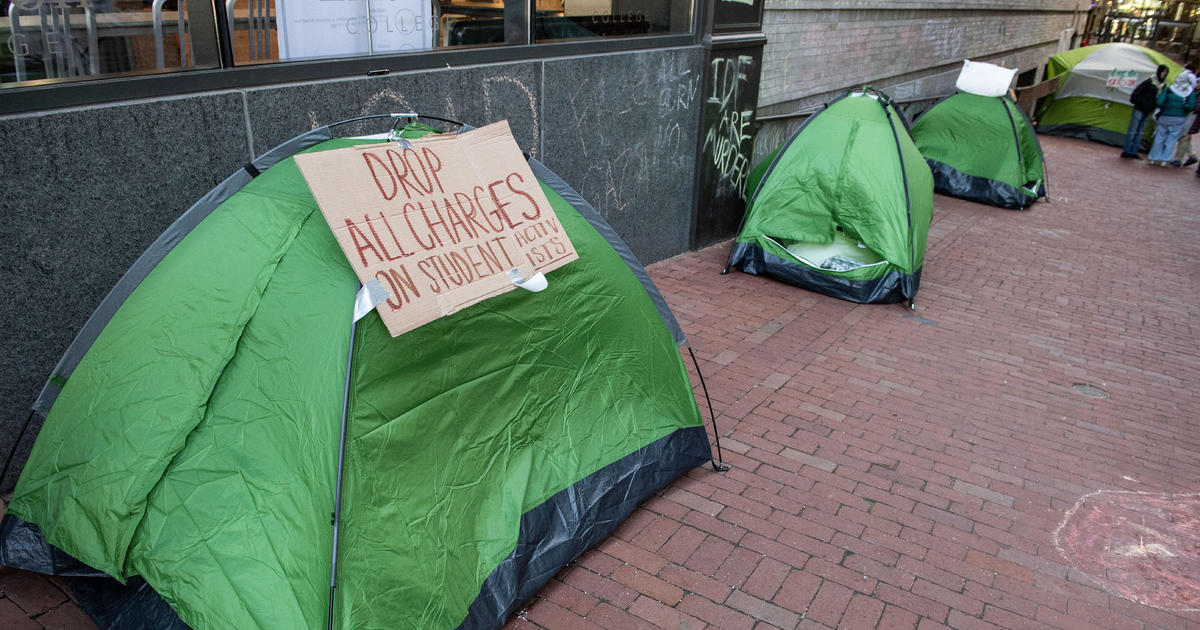Live Donor Kidney Transplant Program Thriving At BIDMC
By Michael Lasalandra - Beth Israel Deaconess Medical Center Correspondent
Patients with failed kidneys typically have to spend about five years on dialysis waiting for a transplant from a deceased person to become available. But those lucky enough to have a family member or friend who will donate one of their kidneys can skip the wait--and generally do better in the long run.
"We're trying to do as many of these as we can," says Dr. Didier Mandelbrot, a nephrologist and director of the Live Kidney Donor Program at Beth Israel Deaconess Medical Center in Boston.
"There are now studies showing that the longer somebody is on dialysis, the less well they will do with their transplant. The other major reason to try and preempt dialysis is that patients don't like it. They have to go three times a week and must live with a fistula or catheter for access."
So far, BIDMC's program has performed about 150 of the "preemptive" kidney transplants from live donors. The program's success is due, in part, because all related services – surgeons, nephrologists, hepatologists, psychologists, social workers, nurses and nutritionists – are all located in one area, making the evaluation, pre-transplant and post-transplant care easy for patients and more efficient.
Contrary to popular belief, donors do not have to be siblings or even relatives. A genetic match is not necessary. The donor and recipient merely have to be compatible blood types.
People don't need two kidneys to live a healthy life, so the risks to the donors are minimal. If the donor should later develop kidney disease, he or she would go to the top of the waiting list for a kidney from a deceased donor -- sort of a reward for his or her good deed.
Generally, kidneys from live donors last 15-20 years, while those from deceased donors last only 10-15. The difference may be because the deceased donor kidney is typically on ice for 15 hours or so before being transplanted or because the recipient has been on dialysis for years, said Dr. Scott Johnson, lead surgeon for the program.
"The live donor program gives us the best opportunity to have the best outcome," says Dr. Johnson. "They are getting a kidney of the best quality. The program allows us to stack the deck in the recipient's favor."
Another new wrinkle to the live donor transplant program is the so-called "paired exchange program." It works like this: say a man wants to donate a kidney to his wife, but he is not compatible due to improper blood type. At the same time, there is another couple in the same boat. So the first man donates his kidney to the second man's wife, while the second man donates his to the first man's wife.
"You have benefited four people," says Dr. Mandelbrot. "Two people get kidneys and two people get healthy spouses."
The people involved don't have to know each other -- they can be found by computer through a data bank.
While it appears that donors generally do quite well, suffering few if any ill effects of having a kidney removed, BIDMC has received a National Institutes of Health grant to study this matter.
"We're enrolling donors right before donation," he says. "We plan to do a careful follow-up on these patients -- surgical outcomes, medical outcomes, psycho-social outcomes, costs. We're taking a comprehensive look."
Typically, the insurance company for the recipient pays the costs associated with the donor's surgery.
Also, donors are carefully screened by psychologists to make sure they are good candidates mentally to make such a donation -- and to make sure they are not being coerced to donate against their true wishes. And if they want an "out," they are given one -- a letter saying they are not an acceptable donor. The letter does not say why.
Potential recipients are also coached on the best ways to go about finding a live donor. "The biggest thing is to get the word out there that you need one," he says. "You don't want to pressure anybody, but you have to let family and friends know you need one."
Blacks tend to have worse luck in finding live donors, according to Dr. Mandelbrot. And they have higher rates of kidney disease. So BIDMC is conducting another NIH-funded study seeking to reduce racial disparities in live donor transplantation. A representative from the program is going into homes of people with kidney disease to inform people about the program and to see if more living donors can be recruited.
Above content provided by Beth Israel Deaconess Medical Center. For advice about your medical care, consult your doctor.



